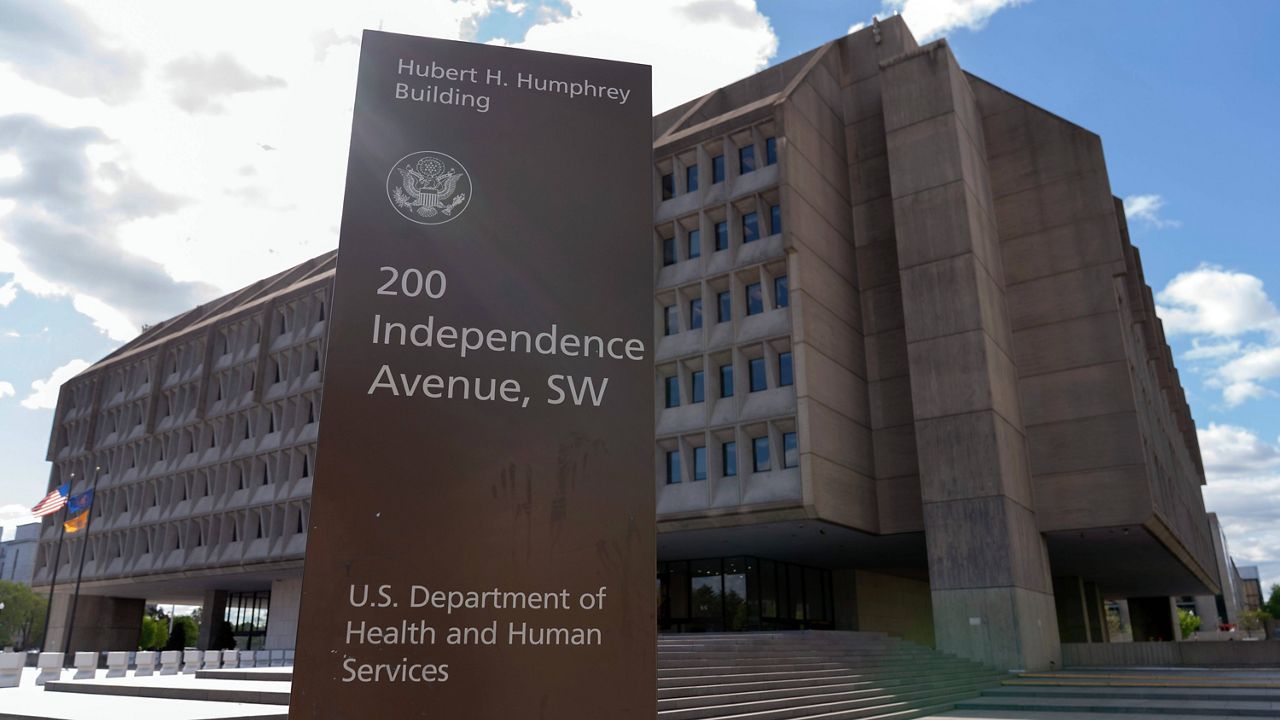Three weeks after the U.S. Education Department said it might pull federal funding from K-12 school districts that don’t comply with the Trump administration’s antidiscrimination policies, 19 attorneys general filed a lawsuit Friday to bar the department from following through.
Led by the attorneys general for states that refused to abide by the Education Department's anti-DEI directive, the lawsuit argues there was no lawful or practical way to do so
President Donald Trump and Education Secretary Linda McMahon are "using our nation's foundational civil rights law as a pretext to coerce states into abandoning efforts that promote diversity, equity and inclusion through lawful programs, instruction, curriculum and policies," California Attorney General Rob Bonta said during a news conference announcing the lawsuit.
The attorneys general for California, New York, Illinois, Massachusetts and Minnesota led the lawsuit filed in a United States District Court in Massachusetts. The U.S. Department of Education, McMahon and acting Assistant Secretary of the Education Department's Office for Civil Rights Craig Trainor are named as defendants.
In an April 3 letter to state commissioners overseeing education agencies, the Education Department said districts needed to certify their compliance with Title VI, which prohibits discrimination based on race, color and national origin in programs and activities receiving federal financial assistance.
The Education Department letter initially gave state education agencies 10 days to collect compliance responses from local school districts and to sign and return a certification form. It later extended the deadline to April 24. As of Friday, 20 states have declined to sign it. Most of those states are plaintiffs in the suit.
Bonta said the department’s compliance certification letter was vague, contradictory and misinterpreted Title VI of the Civil Rights Act of 1964.
New York Attorney General Letitia James said the Trump administration has failed to define what constitutes an illegal diversity, equity and inclusion practice.
"We will not be bullied or targeted just because our schools work hard to ensure that every student is accepted and welcome," James said during Friday's news conference. "We will not allow this administration to hurt our students by taking away essential resources our students rely upon. Our diversity is what makes us great, and our diversity is what makes America great. Our freedom is what makes America even greater."
In their lawsuit, the attorneys general claim the Trump administration’s certification demand violated the Administrative Procedure Act as well as several existing laws, including Title VI and other federal laws that ban federal interference with local and state education policies.
They also contend the certification letter demand violates the Constitution because it withholds congressionally appropriated funds.
The Education Department did not immediately respond to a request for comment about the lawsuit.
On Thursday, a federal judge blocked the Trump administration directive that threatened to cut federal funding for public schools with diversity, equity and inclusion programs in a separate lawsuit filed by the National Education Association and the American Civil Liberties Union. That lawsuit also said the compliance directive was “unconstitutionally vague” and violated teachers’ First Amendment rights.







